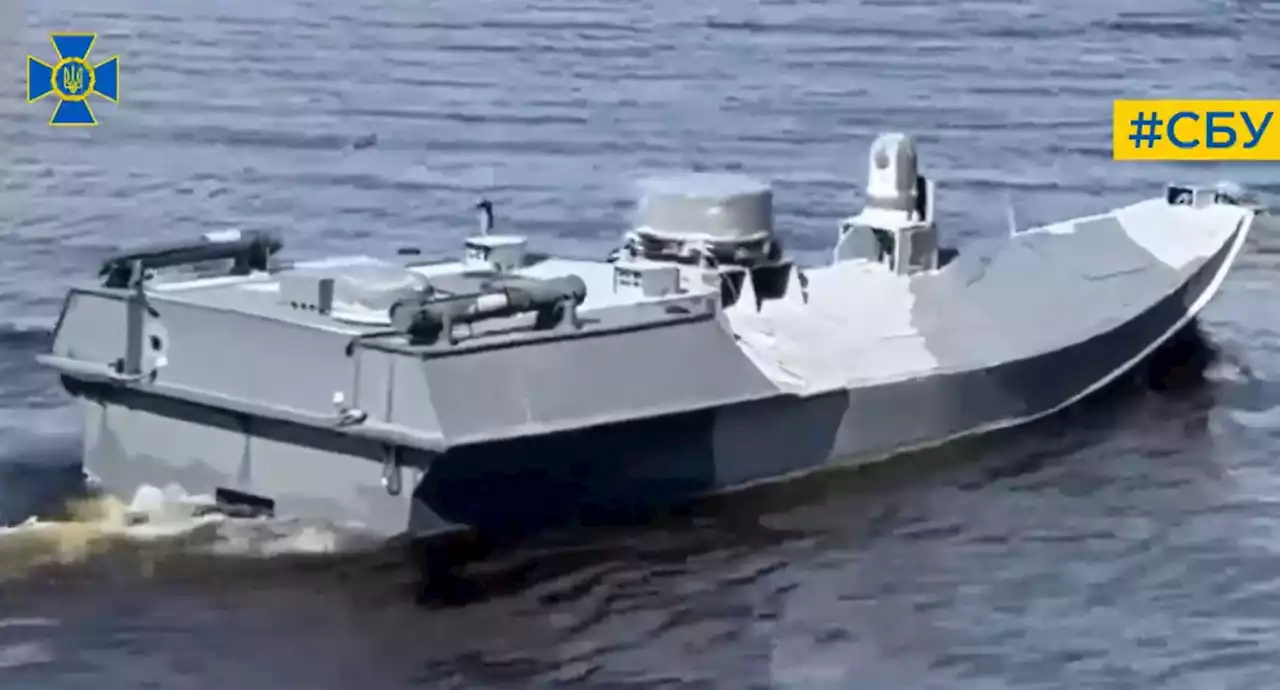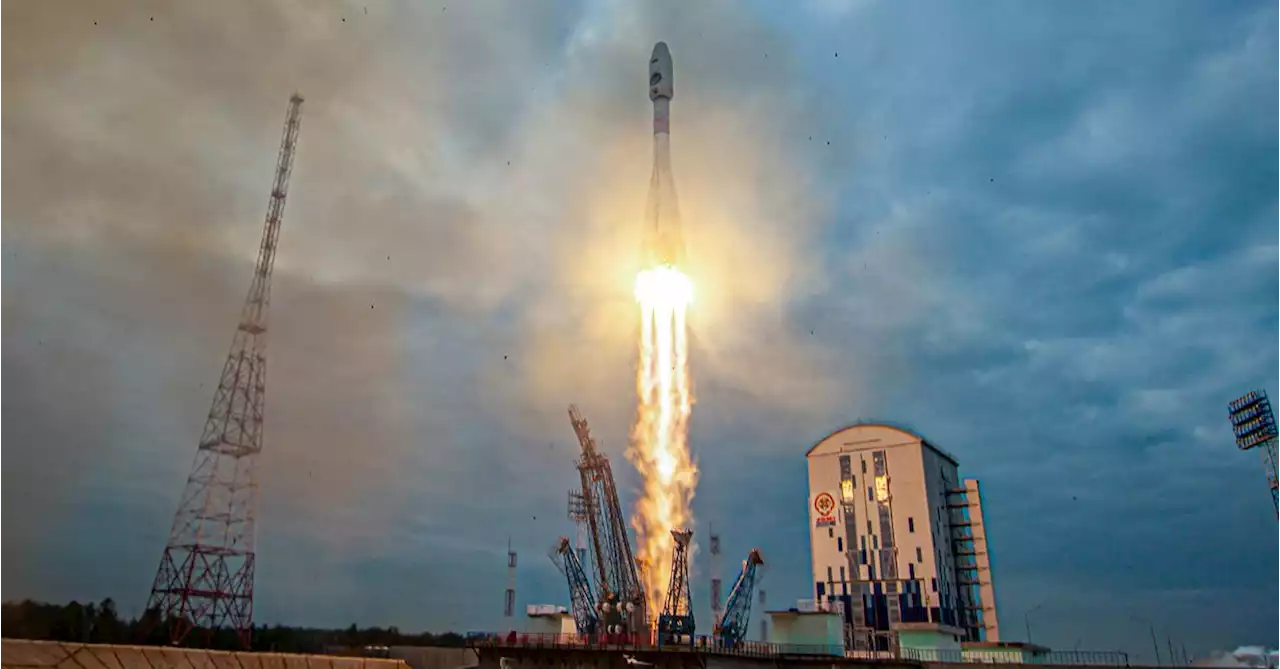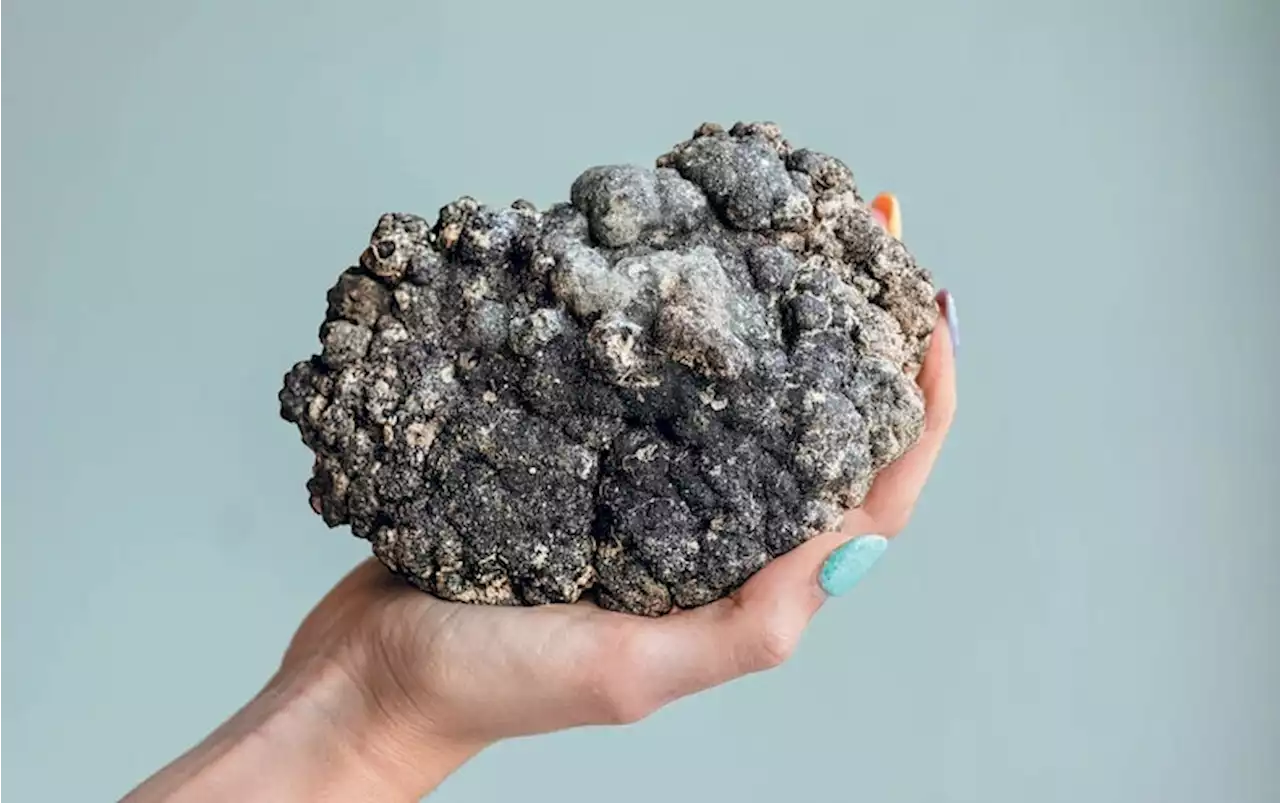Mining the seafloor could boost global production of clean energy technology—and destroy the ocean in the process
Editor’s Note : In late July the International Seabed Authority announced it will not issue any extraction permits for deep-sea mining until it finalizes its mining regulations, and it indicated they might not be completed until 2025.
Glover hands me a nodule, which looks and feels like a small lump of coal, cold and lifeless. On closer inspection I can see faint traces of foraminifera, single-cell organisms fundamental to the marine food web, which once covered its surface. Each nodule starts as a little fragment, perhaps a shark's tooth or a piece of seashell. Over a long time, metals slowly gather and form an expanding crust around this node, growing just one to 10 centimeters every million years.
Whether TMC goes ahead with its plans is up to the International Seabed Authority , a United Nations–affiliated agency responsible for promoting deep-sea mining in international waters while also protecting the deep sea from harm. ISA has not finalized its mining code, so deep-sea miners such as TMC have no guidelines about how they should operate.
TMC has contracts to explore three CCZ plots for nodules, in partnership with sponsoring states Nauru, Tonga and Kiribati. In June 2021 TMC and Nauru, through a venture called Nauru Ocean Resources, Inc. , invoked an arcane ISA statute known as the two-year rule, which obligates ISA to allow mining to proceed within two years, regardless of whether a mining code is in place. In theory, TMC could have begun commercial extraction in July.
Prospectors contend that without deep-sea mining the world will run out of valuable metals for green technologies. According to the World Bank, we'll need more than three billion tons of minerals and metals to deploy the wind, solar and geothermal power required to avoid two degrees C of global warming.
As the big machines crawl along, they will suspend large amounts of fine sediment in the water, which could settle as much as tens of kilometers away. Scientists have little evidence for what the effects might be, but it is plausible the plume could smother sedentary creatures such as sea anemones and sponges.
Some mistrust stems from the fact that ISA has never refused an application for exploration, even in regions recommended as marine-protected areas by international conservation organizations.
Renee Grogan shares some of Amon's frustrations with the ISA. She is co-founder and chief sustainability officer of Impossible Metals, a start-up that is promoting what it calls a less intrusive extraction method—using a fleet of autonomous robots to pick up nodules individually from the seafloor rather than sucking up everything in a machine's path. ISA should force transparency from contractors, says Grogan, who previously worked on sustainability for Nautilus Minerals.
One unanswered question is how mining will impact life in the water column. Jeff Drazen, a biologist at the University of Hawaii whom TMC has contracted to collect biological data in the CCZ, worries that this issue is being ignored. “Despite a lot of scientists wanting to monitor [midwater] biology, we were not asked to do that. So that has still not happened,” he says, noting that contractors have not required it.
United States Latest News, United States Headlines
Similar News:You can also read news stories similar to this one that we have collected from other news sources.
 Ukraine's 'Sea Baby' drones target Russia's Black Sea fleet, Crimea BridgeUkraine's naval drone fleet has been targeting Russian assets around the Black Sea.
Ukraine's 'Sea Baby' drones target Russia's Black Sea fleet, Crimea BridgeUkraine's naval drone fleet has been targeting Russian assets around the Black Sea.
Read more »
DSCOVR: Deep Space Climate ObservatoryAbout the Mission The Deep Space Climate Observatory, or DSCOVR, was launched in February of 2015, and maintains the nation's real-time solar wind…
Read more »
 Auburn's running back room is deep, just how Cadillac Williams likes itAuburn is slated to have the deepest running back room it's had since Cadillac Williams' return in 2019.
Auburn's running back room is deep, just how Cadillac Williams likes itAuburn is slated to have the deepest running back room it's had since Cadillac Williams' return in 2019.
Read more »
W3 Professorship for Deep Microbiome Metabolomics - Jena, Thüringen (DE) job with Friedrich-Schiller-Universität JenaIn a joint appointment with the Leibniz Institute for Natural Product Research and Infection Biology (Leibniz-HKI), the Faculty of Biological Sci...
Read more »
 Explainer: Moon mining - Why major powers are eyeing a lunar gold rush?Russia launched its first moon-landing spacecraft in 47 years on Friday amid a race by major powers including the United States, China and India to discover more about the elements held on the earth's only natural satellite.
Explainer: Moon mining - Why major powers are eyeing a lunar gold rush?Russia launched its first moon-landing spacecraft in 47 years on Friday amid a race by major powers including the United States, China and India to discover more about the elements held on the earth's only natural satellite.
Read more »
Chile's president brings back Williams as mining minister in cabinet reshuffleChilean President Gabriel Boric on Wednesday named Aurora Williams his new mining minister as he reshuffled his cabinet and looked to push through reforms to increase state income from mining in the world's largest copper producing nation.
Read more »
